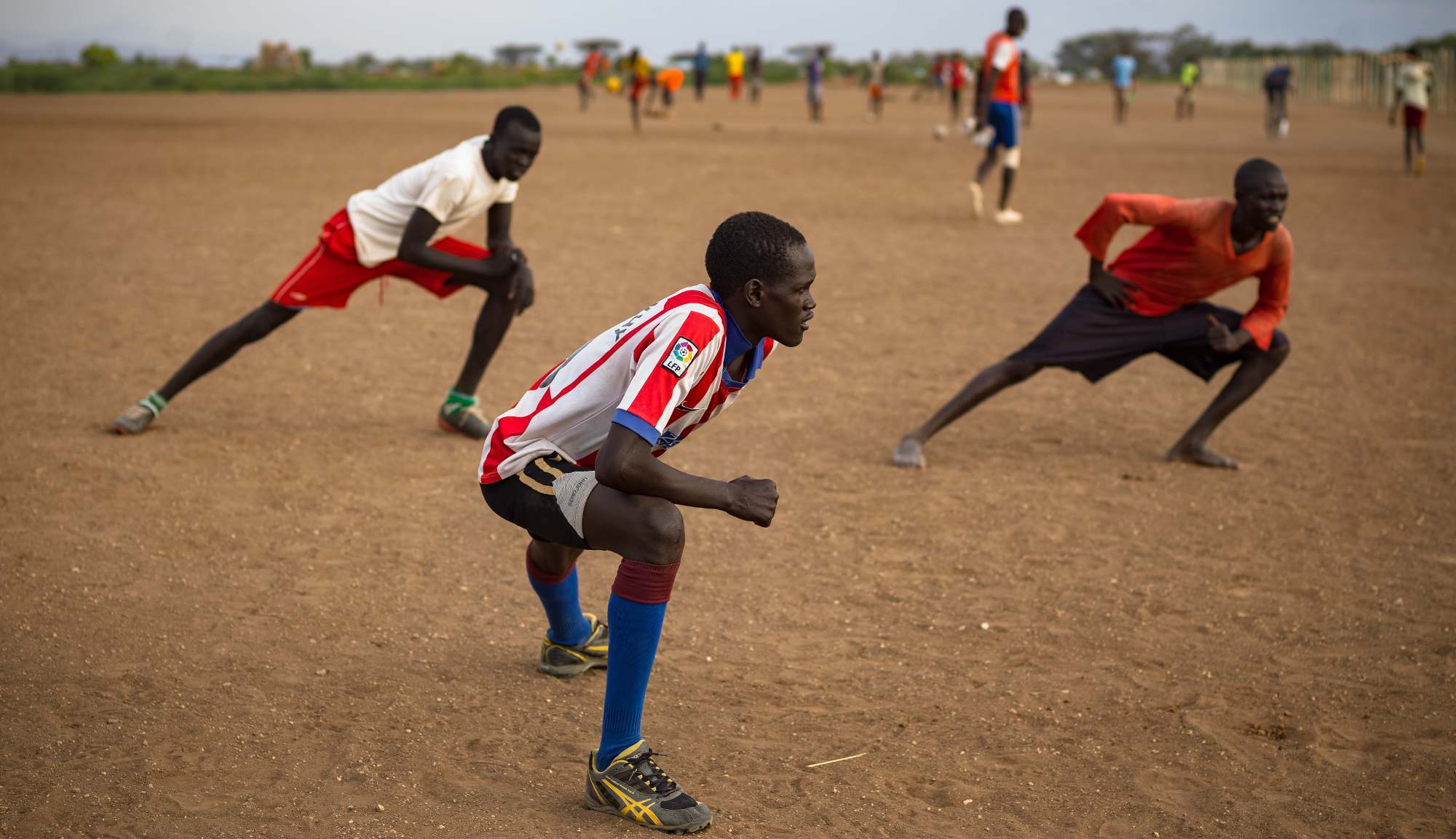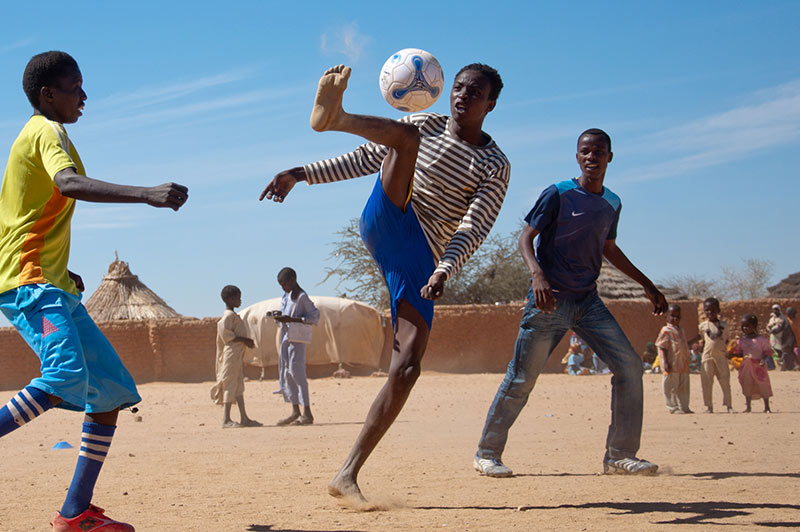
Sport addresses refugee challenges with Week of Action
September 25, 2020
According to UNHCR, the UN Refugee Agency, 79.5 million people were forcibly displaced by the end of 2019. The figure, which has continued to increase significantly over the past several years, includes refugees, asylum seekers and internally displaced persons (IDPs).
Sport has proven to be an effective tool to promote and ensure the rights of refugees, encouraging social inclusion, social cohesion and psychosocial wellbeing. So, this week, the International Platform on Sport and Development (sportanddev) and UNHCR, held a ‘Week of Action’ on Sport and Refugees to raise awareness on the challenges faced by refugees and to encourage change.

Beginning on Monday, 21 September - in recognition of the International Day of Peace - it included activities to raise awareness of sport’s role in addressing challenges faced by refugees, encourage discussion and partnership building, and provide guidance and resources for organisations working on the topic.
The first event addressed ‘Sport for protection: How can sport address challenges faced by refugees?’ More than 200 people from across the world tuned in to hear speakers from UNHCR, civil society, a refugee football team and academia share their experiences on how to best use sport to protect and ensure the rights of refugees.
On Thursday, sportanddev held a live Twitter Q&A with Jojo Ferris, Head of the Olympic Refuge Foundation. The event explored the strengths and limitations of sport, the future of the movement around sport and refugees and the role of the Refugee Olympic Team.
You can catch up on the debate by searching the hashtag #SportAndRefugees on Twitter, or viewing some of the highlights here.
Also during the week, sportanddev launched a new online resource on Sport and Refugees, with one sub-section published every day. The section highlights the Sport for Protection Toolkit published by UNHCR, the IOC and Terre des Hommes and information about the Global Refugee Forum pledges. It also provides practical advice and examples of programme implementation, monitoring and evaluation and partnership building.
Finally, sportanddev published the results of its call for articles on sport role in addressing refugee challenges, receiving 35 contributions from around the world. The responses, a large number of which focused on younger people affected by displacement, encompassed a wide range of individuals working in policy, civil society and academia.
Meet Vijani Amani Pamoja
Using football to secure the futures of marginalised pregnant girls in Kenya